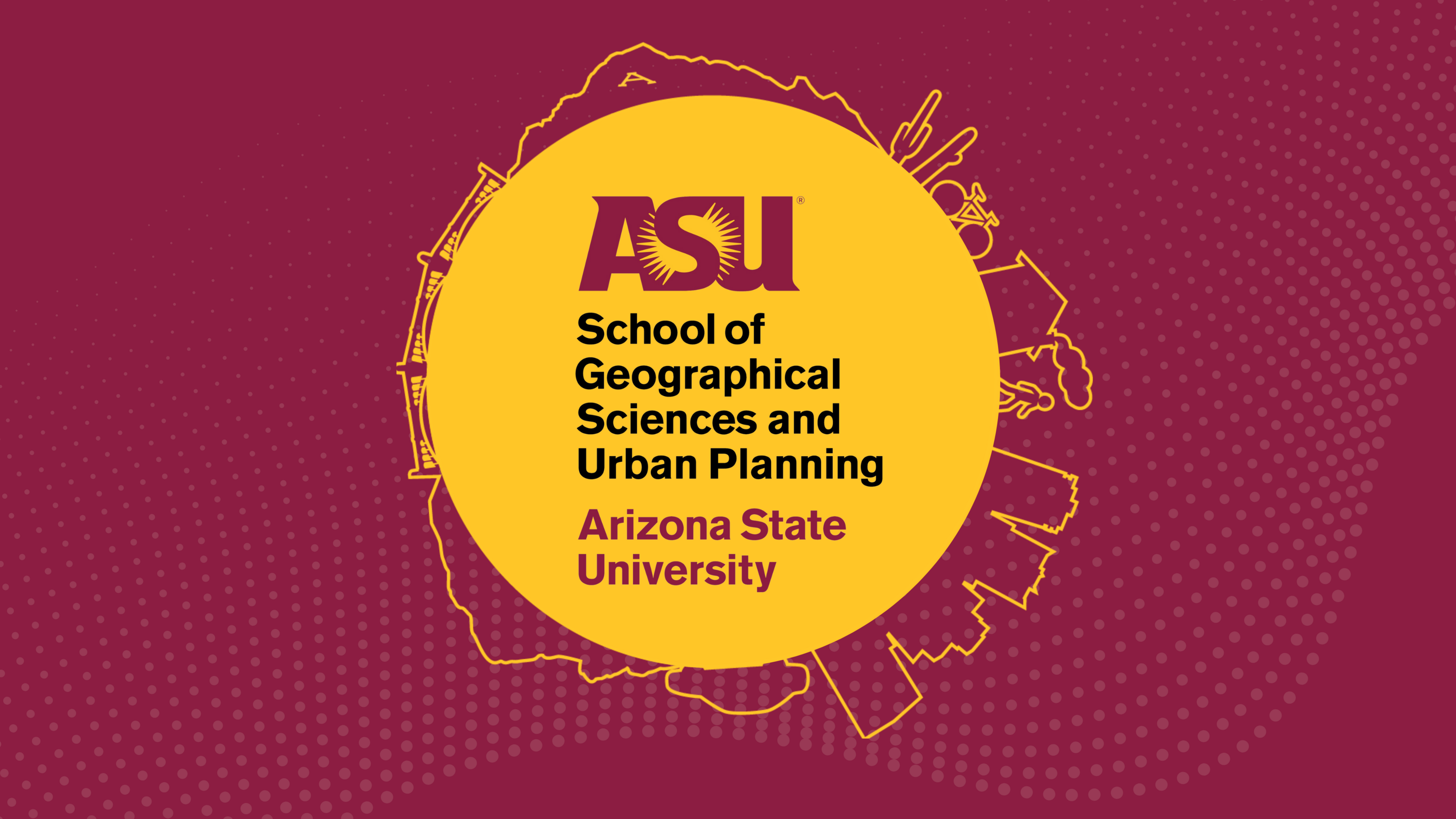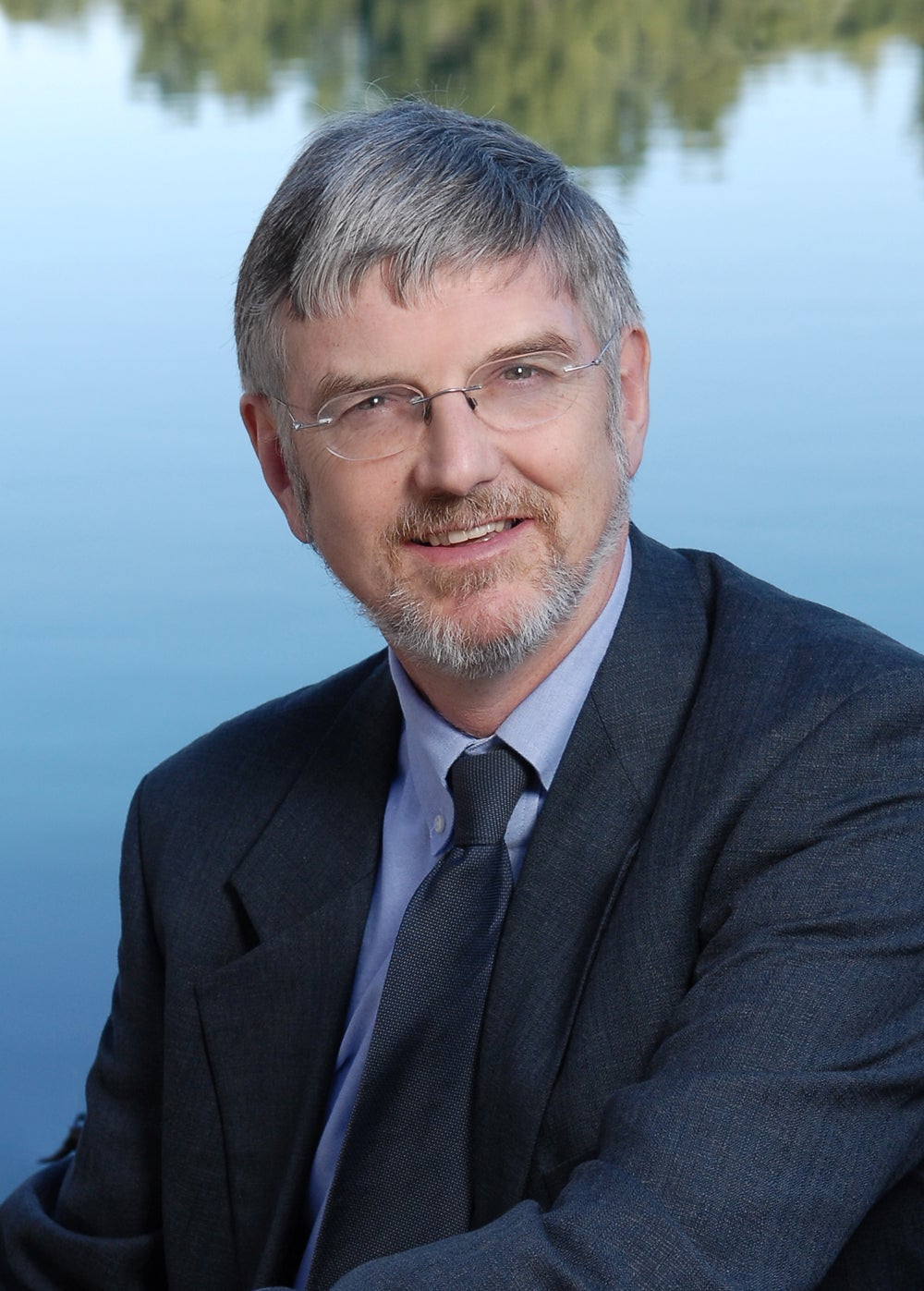SGSUP Spring Colloquium Lecture with Howard Wheater

Event description
- Academic events
- Science
- Sustainability
The role of science in inter-state water disputes: recent experience from the International Court of Justice

Howard Wheater, Global Institute for Water Security
Join us for a lecture with Howard Wheater from the Global Institute for Water Security and the School of Environment and Sustainability, continuing the SGSUP Colloquium series this Spring 2025.
About the talk:
This talk illustrates the use of legal frameworks for transboundary water management and conflict resolution, with examples from international disputes heard by the Permanent Court of Arbitration (PCA) and the UN’s International Court of Justice (ICJ), in The Hague. Existing agreements, often made many decades ago, face new challenges due to increasing pressures on water resources, set against a background of hydrological change and increasing societal awareness of a wider range of issues, including water quality, ecosystem health and the rights of indigenous people. While international water disputes often have strong political drivers, a common aspect is the need for improved science and agreed data. The evolving role of science and the use of scientific experts in the resolution of legal disputes is discussed in the light of recent judgements of the ICJ. In particular the recent dispute between Chile and Bolivia over the status and use of the Silala River highlighted the challenges of physically-based hydrological modelling of small changes in complex systems, and associated implications for judicial practice.
Speaker Biography:
Professor Howard Wheater is Canada Excellence Research Chair Laureate in Water Security at the University of Saskatchewan, Canada, where he founded the Global Institute for Water Security, and Emeritus Professor of Hydrology at Imperial College London, UK. He is a Fellow of the Royal Society of Canada, the Royal Academy of Engineering, UK, and the American Geophysical Union. Scientific awards include the IAHS-UNESCO-WMO International Hydrology Prize and the Prince Sultan bin Abdulaziz International Prize for Water. He has led national research programmes in the UK and Canada, advised states, provinces and governments on flood, water resource and water quality issues, and appeared as an expert before the International Court of Justice in three international water disputes. He was co-founder of UNESCO’s GWADI arid zone water program and vice-chair of the World Climate Research Programme’s Global Energy and Water Cycle Exchange (GEWEX) project. In Canada, he led the Changing Cold Regions Network, addressing the analysis and prediction of hydrological change in western Canada, and initiated the pan-Canadian Global Water Futures Program, focused on managing water futures in Canada and other cold regions where global warming is changing landscapes, ecosystems, and the water environment. In 2023 he was awarded the Order of Bernardo O’Higgins for services to the Republic of Chile.